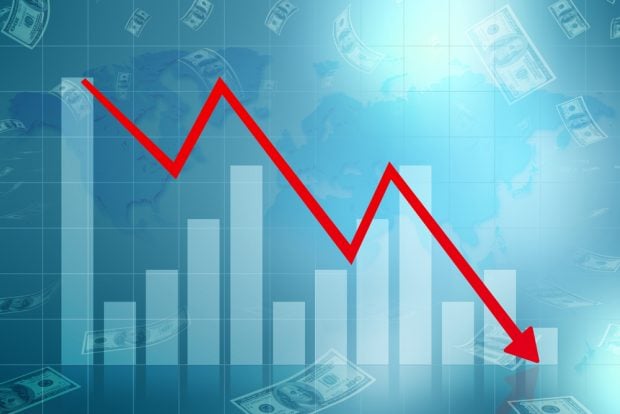
Analysts said Thursday that President Trump’s latest tariffs will hurt the housing market, which is the source of a large portion of credit union loans.
First mortgages alone accounted for 36% of the credit union balance sheet in December. That’s on top of the 30% of loans for cars, where analysts expect sales to fall under the weight of global 25% tariffs that went into effect Thursday.
Recommended For You
Curt Long, economist for America’s Credit Unions, didn’t say whether tariffs will hurt credit union auto and home lending, but he said they will hurt the economy — at least in the short term.
“The announced tariffs cloud the economic outlook and increase the likelihood of a temporary slowdown in growth,” Long said.
“Tariffs provide advantages for domestic manufacturers, but it will take time for them to increase supply,” he said. “The financial benefits credit unions provide to their members in the form of better rates, lower fees, superior service and one-on-one financial counseling will be indispensable during that transition period.”
Trump announced Wednesday he will impose a 10% baseline tariff on all countries except Canada and Mexico, and dozens of nations face tariffs as high as 50%.
The National Association of Home Builders said Thursday that tariffs on building materials act as a tax on American builders, home buyers and consumers.
The group said imports account for $12,713 of the $174,155 in materials needed to build a new single-family home. It estimated the new tariffs will raise costs by an average of $9,200 per home.
“The president’s global action on tariffs, which will go into effect later this month, means that costs will rise for steel, aluminum, copper, home appliances and scores of other building materials sourced outside of the U.S.,” it said.
However, the Builders counted a win in Trump’s decision to exempt Canada and Mexico from the baseline tariffs because Canada accounts for 85% of all U.S. softwood lumber imports and accounts for nearly a quarter of the available supply in the U.S.
A report from Fitch Ratings Tuesday forecast a slowdown in the U.S. housing construction and higher prices this year both because of higher tariffs and deportations. “Foreign born, non-citizen workers represent an overwhelming share of key specialty construction occupations, and immigration restrictions are likely to raise labor costs,” it said.
“We are forecasting a 4% increase in new home sales, exceeding pre-pandemic levels, supported by homebuilder incentives. Existing home sales are predicted to rise by 5%, comparable to Great Recession lows,” Fitch said.
On March 26, Trump announced tariffs of 25% on all imported cars to begin April 3, and a 25% parts tariff to start by May 3. A report from S&P Global Mobility said the automotive tariff applies to all countries, including Canada and Mexico. However, there is also a clause allowing for a reduced tariff if the imported vehicle includes U.S.-produced parts.
“S&P Global Mobility experts are expecting persistent tariffs at a high level and few exclusions. Along with increasing costs for importing vehicles, costs will increase for auto manufacturing in the U.S., and consumer costs for vehicles will rise,” it said.
Cox Automotive Chief Economist Jonathan Smoke, speaking hours before Trump’s March 26 announcement of global 25% automotive tariffs, said tariffs that set off a trade war would likely cause sales to fall 2% to 15.3 million this year and lead to a recession by year’s end.
The next day Cox Automotive said the global tariffs will raise prices by “thousands of dollars on almost all vehicles.” However, it also predicted a short-term sales increase.
Shoppers visiting dealerships surged in the days after Trump’s March 26 announcement, Smoke said Monday. Dealers reported new car leads were two to four times higher than normal, and there was also a smaller uptick in visits to used car lots.
“The surge is likely to continue until the pre-tariff inventory is exhausted,” which he said is unlikely to last beyond May.
Even with that bump, Cox Automotive said it expects tariffs will cause new car sales to fall from 15.9 million in 2024 to 15.3 million this year and fall again in 2026.
Contact Jim DuPlessis at [email protected].
© Touchpoint Markets, All Rights Reserved. Request academic re-use from www.copyright.com. All other uses, submit a request to [email protected]. For more inforrmation visit Asset & Logo Licensing.







